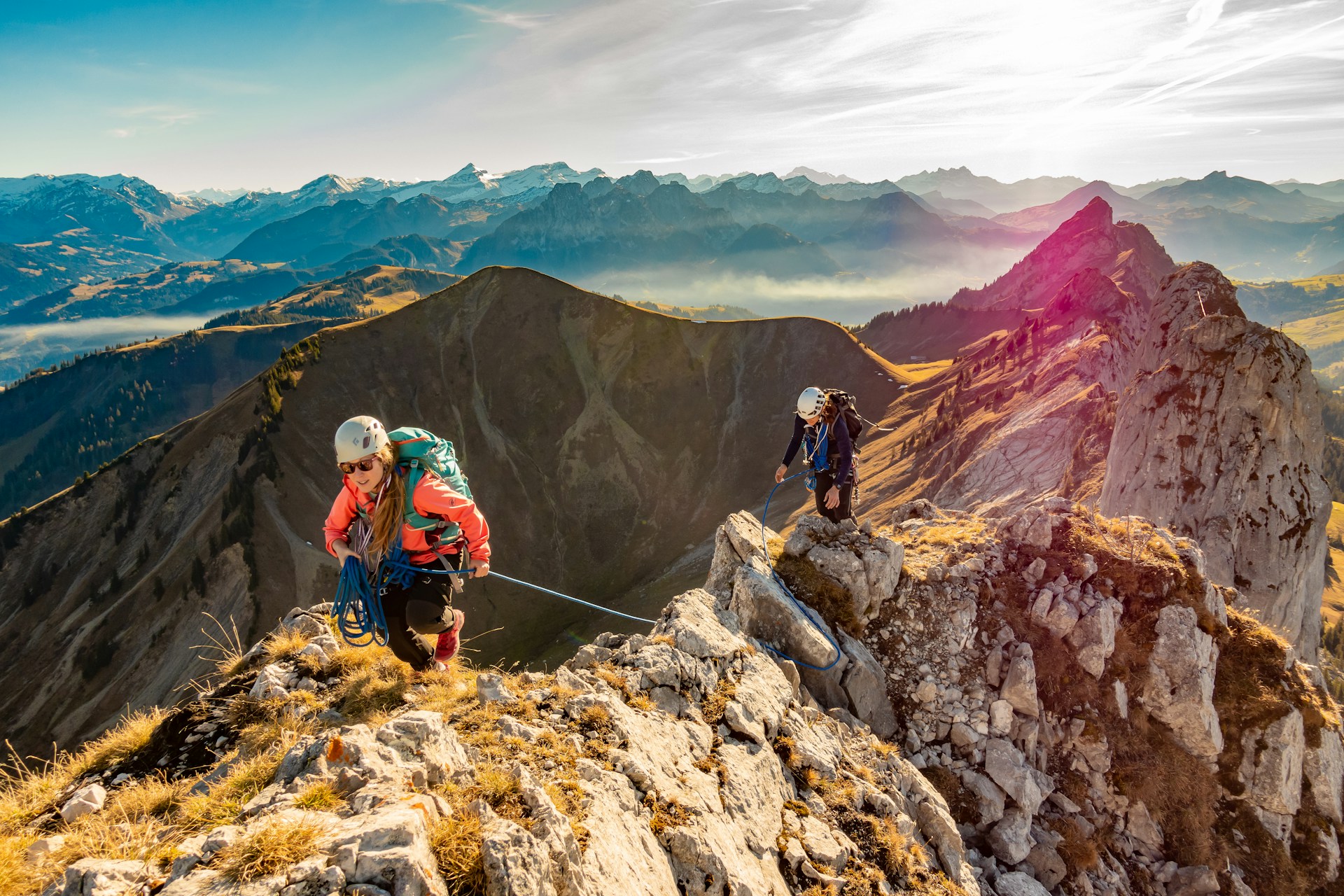Embarking on a mountain adventure is a soul-stirring experience, a chance to conquer towering peaks, breathe in crisp alpine air, and witness breathtaking vistas that stretch to the horizon. Yet, amidst the allure of these majestic landscapes, lies the crucial importance of preparation. Whether you’re a seasoned mountaineer or a novice explorer, going to the mountains well-prepared ensures not only your safety but also enhances your ability to fully savor every moment of the journey.
Understanding the Terrain
Mountains are unforgiving, with rugged terrain, unpredictable weather patterns, and rapidly changing conditions. Before setting foot on the trail, it’s essential to research and understand the specific challenges of the mountain you plan to conquer. From steep ascents to rocky paths and potential hazards such as avalanches or crevasses, knowledge of the terrain is key to planning a safe and successful expedition.
Gear Essentials
The right gear can make all the difference between an enjoyable adventure and a potentially dangerous situation. Before heading to the mountains, ensure you have the essential equipment, including sturdy hiking boots with good traction, appropriate clothing layers for varying temperatures, a reliable backpack with emergency supplies, navigation tools such as a map and compass (and the knowledge to use them), a first aid kit, and sufficient food and water for the journey.
Weather Awareness
Mountains create their weather systems, and conditions can change rapidly. Before your trip, check the weather forecast for the area and be prepared for sudden shifts in temperature, wind, or precipitation. Pack accordingly with waterproof layers, warm clothing, and extra supplies in case of unexpected delays.
Physical Preparedness
Mountain hiking demands physical endurance and strength. It’s crucial to assess your fitness level honestly and train accordingly before attempting a challenging ascent. Incorporate cardio workouts, strength training, and hikes of increasing difficulty to build stamina and prepare your body for the rigors of the trail.
Leave No Trace Principles
Respecting the mountain environment is paramount to preserve its beauty for future generations. Adhere to Leave No Trace principles, which emphasize minimizing your impact on the wilderness. Pack out all trash, stay on designated trails to prevent erosion, and avoid disturbing wildlife habitats.
Navigational Skills
Even with modern technology, such as GPS devices or smartphones, it’s essential to have basic navigational skills. Learn how to read a map, use a compass, and identify landmarks to ensure you can find your way in case of technological failures or unexpected circumstances.
Safety in Numbers
Whenever possible, hike with a companion or a group. Not only does this enhance the enjoyment of the experience through shared moments and camaraderie, but it also provides an added layer of safety in case of emergencies.
Respecting Altitude
As you ascend to higher elevations, be mindful of the effects of altitude on your body. Altitude sickness can affect even the most experienced climbers, so take time to acclimatize, stay hydrated, and recognize the symptoms of altitude-related illnesses.
Embracing the Journey
With proper preparation, a mountain adventure becomes more than just a physical challenge—it becomes a transformative journey of self-discovery and connection with nature’s grandeur. Every step up the trail, every pause to catch your breath and admire the view, is a testament to your preparation and determination.
In the end, the mountains reward those who come prepared with unforgettable vistas, moments of awe-inspiring beauty, and a deep sense of accomplishment. So, lace up your boots, pack your essentials, and embark on a mountain adventure that will leave you with memories to last a lifetime.
Preparation is not just about safety—it’s about unlocking the full potential of your mountain experience, ensuring that every moment is savored, cherished, and embraced.

